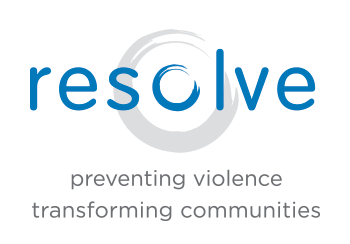How do we cope, how do we respond when overwhelmed with the grief of the past weeks? Orlando. Brock Turner. The man who allegedly murdered his wife and four daughters in Roswell last week.
For some, it seems that we have to choose a focus. That’s simply not true. Homophobic violence and gender-based violence have everything to do with one another. Studies show how deeply connected they are. They are connected in the people who commit these crimes and hold these beliefs, and they’re connected for those of us who feel doubly hurt after these past weeks. Survivors and LGBT people have had our vulnerability to violence confirmed this past week. For most of us, and especially for people of color, this is something we live with and navigate every day, but it is now intensified.
Violence is never just the act of a single person. This is hard to accept when we want to pin the blame, understandably so, on the person who doesn’t even understand what he did was rape and was wrong. It’s hard to accept when we know that a single person walked into a club and committed so many murders in our Latinx LGBT community in a single night. We want evil to be something separate from us. We want to be able to take a quick action – blame – and be done with it. Accepting the idea that the sexism, homophobia, transphobia and racism rampant in our society created these acts is difficult to bear, and the responsibility of prevention is overwhelming.
But we know these acts are not isolated incidents. When 1 in 5 women experience rape, and 1 in 3 transgender women of color is murdered – the acts committed in these last two weeks are connected to larger systems of violence and oppression. Fear shapes the daily choices of women and LGBT people of color, and it is our responsibility as a society to change this.
How? Intervention. Intervention is not only acting when we see a man on top of an unconscious woman behind a dumpster. Intervention cannot only be stopping a man in Los Angeles with explosives and guns driving to a Pride celebration. Intervention and prevention must occur earlier.
Slurs, disguised as jokes, teasing and “edgy” comments, are commonplace. Say something. When you hear these things at the dinner table with family, in the school hallway, locker room, church or other religious gathering place – say something. Write a letter when you see a TV show or commercial promoting sexism, homophobia, transphobia or racism.
Tell them you won’t watch or buy their product anymore. Ask schools and teachers what they are doing to proactively address these themes, not just react after an act of bullying or sexual harassment or assault has occurred.
We can absolutely expect this violence – everyday incidents and national news – to continue if we don’t change these beliefs that are rampant in our society.
Finally, I join others in asking you to stay present to the pain of this moment and avoid moving into xenophobia. Please consider reaching out to those in your life who might be more affected by this – including our Muslim and Sikh neighbors and friends, who we fear might be at greater risk during this time.
It is extremely difficult to talk about and bear witness to violence. Remembering our outrage, shock and pain six months from now and working to make sustained change is even harder. Please remember. Please continue working to create change. Some do not have the privilege of forgetting the threat of events like these.
